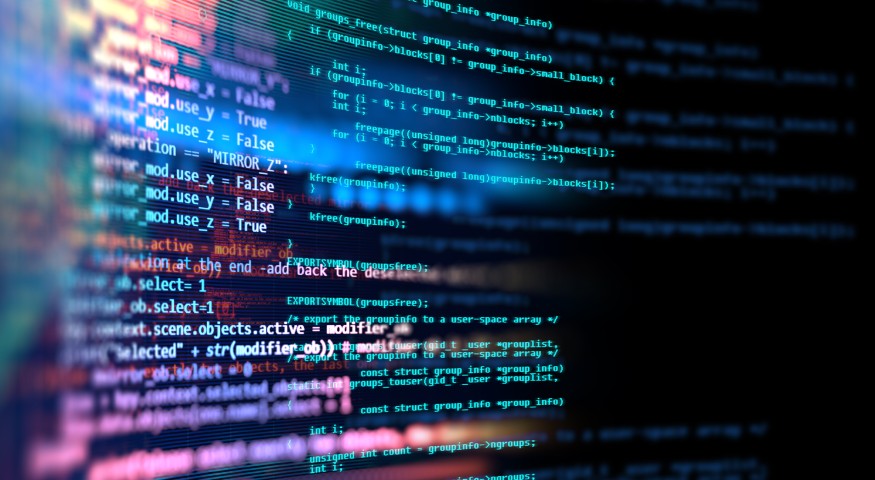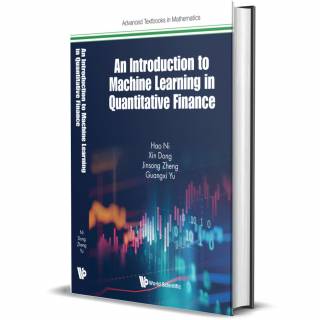Rough Path and Machine Learning
Data streams are ubiquitous in everyday life. They record complex sequential information, which can be generated by individual activity, business processes and sensors; examples range from electronic financial trading records to human-computer interactions. Machine learning has achieved significant success in analysing and extracting useful information from multimodal data streams. Rough Path Theory (RPT), originated as a branch of stochastic analysis, provides a mathematical and principled approach for summarising complex data streams over time intervals in terms of their effects on the system; an approach that can be efficient, concise, robust to variable sampling frequency and missing data. Our group aims to channel the mathematical insights from RPT to advance and innovate methodologies of machine learning for analysis of streamed data, and validate the proposed methods in real-world applications, e.g. computer vision, health and finance.
Our rough path and machine learning group is supported by the EPSRC Program grant entitled Unparameterised multi-modal data, high order signatures, and the mathematics of data science (DataSig Team).
 Close
Close






